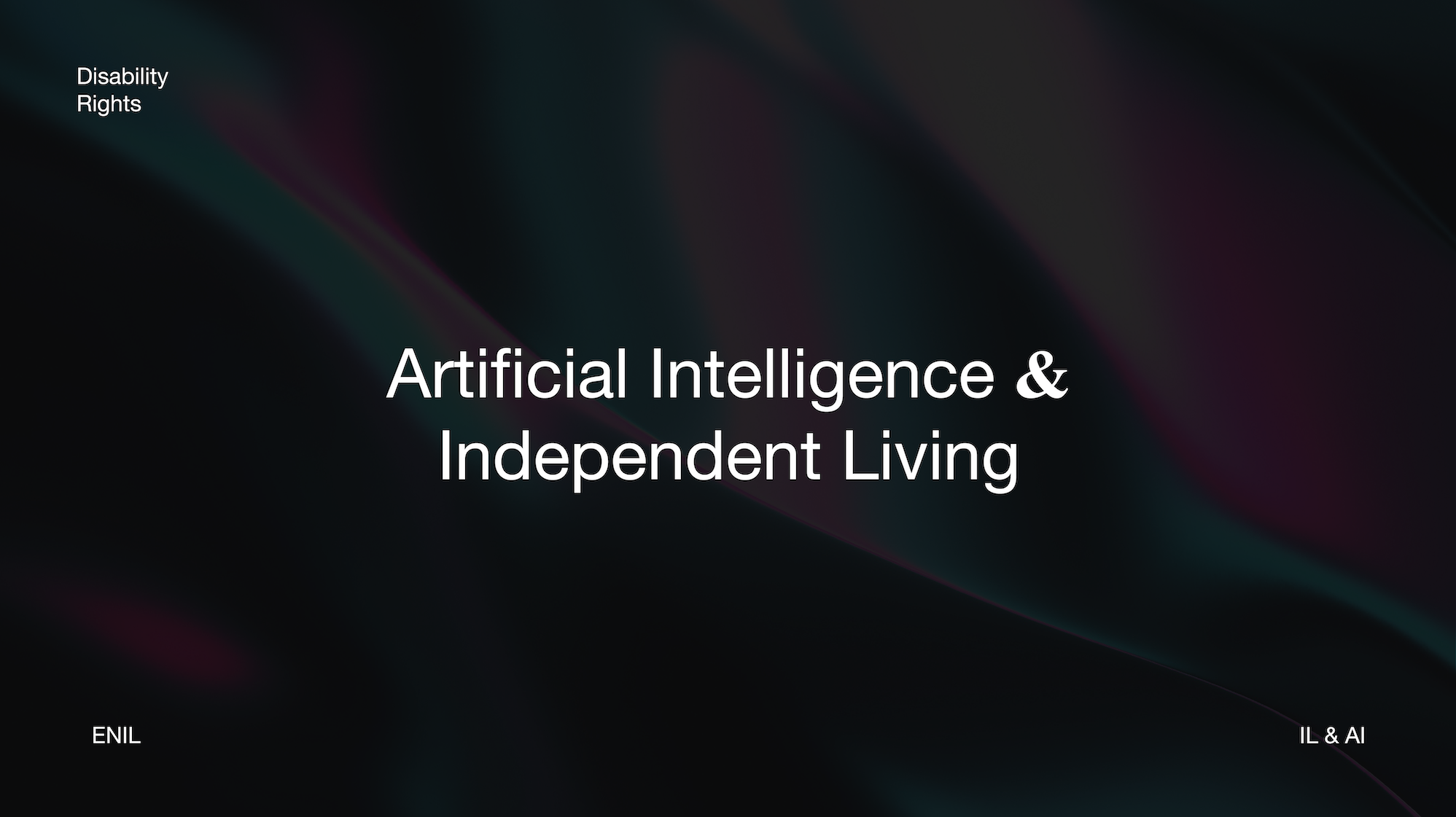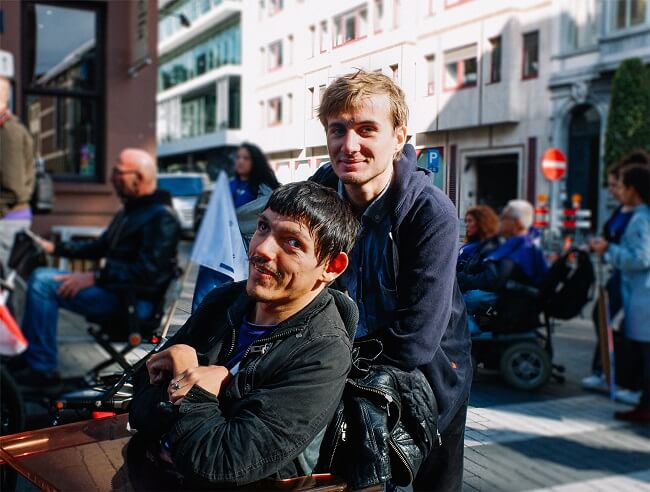Transport refers to any system or means of movement -transportation- of people or things from one place to another. Transport is one of the pillars of Independent Living (IL). It is closely related to the right of Freedom of Movement.
Independent Living means freedom of choice, and this includes the right to travel freely, regardless of your access needs. Accessible transport includes physical access to transport (public or private-personal such as cars), accessible information about the routes, services for passengers and their obligations.
Unfortunately, disabled people still face many barriers and challenges when using the transport in Europe. Inaccessible transportation makes it more difficult for all people with access needs to go to work, go to school or just get around in the city, the country, or to travel abroad. This effectively blocks people from participating in society as full and independent citizens.
By ratifying the UN Convention on the Rights of Persons with Disabilities, the EU and all Member States have committed to respect the rights of disabled people, including the right to mobility and independent living. In practice however, these rights have not yet been implemented in large parts of the EU and many of today’s transport systems remain inaccessible. As a consequence, disabled people are barred from accessing job opportunities, education, social and leisure activities, tourism and other services. This limits lifestyle choices, reinforces exclusion from local communities, and ultimately blocks people from participating in society as full and independent citizens.
What is ENIL doing on this topic?
From 2020 – 2023, ENIL was part of a European project called TRIPS, funded by the European Commission through Horizon 2020. The main aim of the project was to make the transport in seven European cities – Bologna, Brussels, Cagliari, Lisbon, Sofia, Stockholm, and Zagreb – more accessible for disabled people, older people and, really, everyone. To do this, the project brought different people in each city together in co-production groups. The project has revealed that in all the pilot cities, disabled passengers are still restricted in many aspects when it comes to choosing public transportation. Moreover, people living in the largest cities still have more options than disabled people living in more remote or rural areas.
Tools to improve accessibility of transport
- TRIPS Co-design for All online course: a free online programme on how to make use of the TRIPS methods to engage persons with disabilities to tackle a broad range of design challenges in any sector.
- TRIPS Co-design for All Toolkit: these training materials synthesise the results of 2.5 years of engagements and the journey in co-creating a methodology to engage persons with disabilities in the design of accessible public transport.
- TRIPS Mobility Divide Index Platform: a new tool created with and for persons with disabilities to evaluate the accessibility of existing public transport in their cities.
- Lecco Declaration for Accessible and Inclusive Transport: a commitment with 8 key principles,
To access these Tools, and more useful information and materials, click here.
Where can you report discrimination in access to transport?
- The European Disability Forum platform for reporting discrimination in access to transport: click here.
- European Commission website on Passenger rights (when travelling by air, rail, road and ship), with a list of National Enforcement Bodies where you can submit complaints: click here



